At the question-and-answer session of the National Assembly Standing Committee on the morning of August 21, the story of cashew nuts and durian attracted the attention of many delegates who questioned Minister of Agriculture and Rural Development Le Minh Hoan.
Delegate Dieu Huynh Sang (Binh Phuoc) stated that cashew nuts will have an export turnover of 3.6 billion USD by 2023, while durian prices have continuously increased to a new peak with the area increasing from 32,000 to 150,000 in just 5 years.
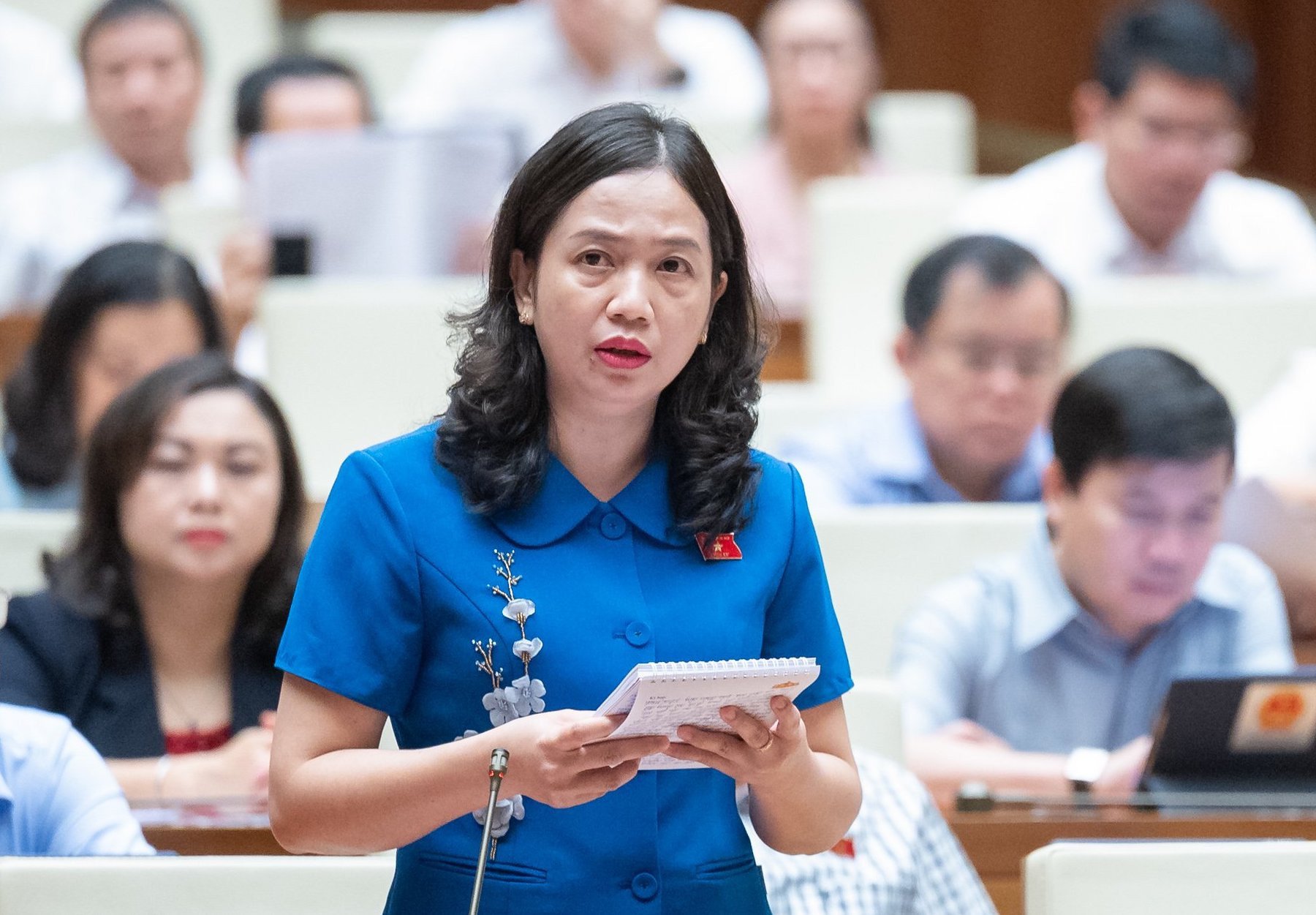
From there, delegates questioned Minister Le Minh Hoan about solutions to ensure the brand value of cashew and durian, stabilize raw material areas and people's lives.
People are cutting down cashew trees to plant durian.
Responding, Minister of Agriculture and Rural Development Le Minh Hoan said that he once went to Bu Dang district (Binh Phuoc province), stood in a cashew garden and looked across the garden, seeing people cutting down cashew trees to plant durian.
“I asked the people why they cut down the cashew tree to plant durian. They told me that now growing durian brings in 1 billion VND/ha, while growing cashew brings in 35-40 million VND. What do you think we should do?”, the Minister shared.
According to the Minister, that was a very bitter answer and there were practical issues that made him think a lot.
Minister Le Minh Hoan said that the solution to overcome this situation is to adapt to market rules and cannot be prevented by other economic tools.
Citing the fact that Binh Phuoc has organized an agricultural extension model to grow red lingzhi mushrooms under cashew trees to create multi-level values, the Minister said that red lingzhi mushrooms bring in very high income, so people can keep the cashew trees because they have more livelihoods.
The Minister acknowledged that the Binh Phuoc Young Entrepreneurs Association processes a wide variety of cashews, but it is necessary to accelerate OCOP products from cashew trees; build a chain of sharing links between cashew growers and cashew processing enterprises; and overcome the instability when cashew growers but Vietnam still has to import raw cashews from abroad.
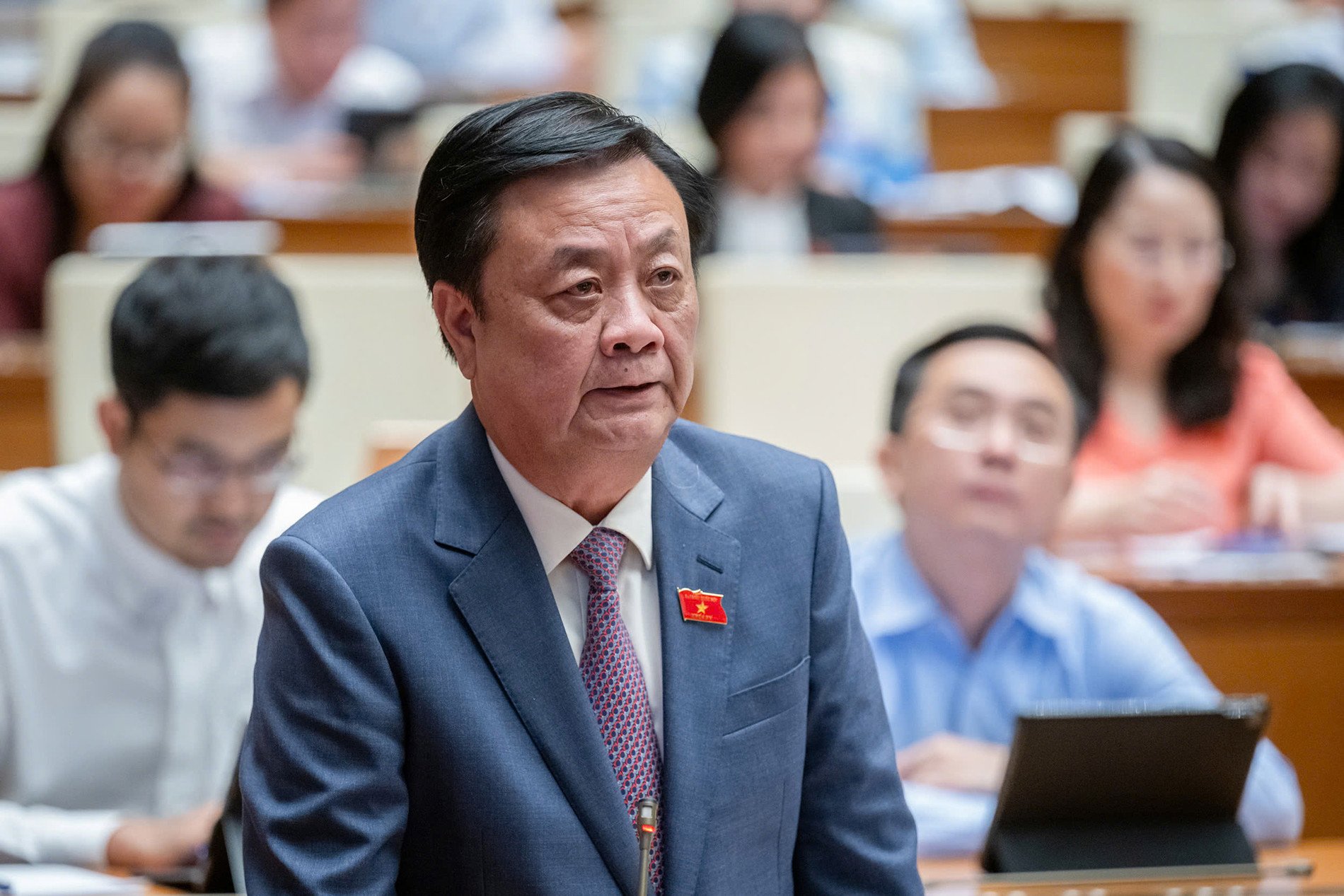
The solution to protect the value of agricultural products such as durian brands and trademarks, according to Minister Le Minh Hoan, is to have industry associations and connections between farmers and associations and businesses.
Minister Le Minh Hoan said that Vietnam has just signed a second protocol to open the door for exporting durian products to China. This is a joy but also triggers many problems. If we want to make durian a national product, we must have a national institution to regulate it, have a common policy on science and technology, and invest in infrastructure if we want to go far.
Debating with the Minister, delegate Dieu Huynh Sang expressed his opinion that voters and people of Binh Phuoc were very grateful to the Minister for his attention and field survey activities as well as his responses on the development of key agricultural products in Binh Phuoc in particular and the whole country in general.
However, she said that the content of her question had been proposed by the delegation many times but had not been thoroughly resolved and there had been no specific policies for the people.
“Hereby, the Binh Phuoc delegation requests the Minister and the Ministry to have specific policies so that the delegation can have more complete information to answer and provide voters. This situation affects the brand of Binh Phuoc in particular and the brand of Vietnamese cashew in general,” the female delegate emphasized.
She expressed concern that this situation reduces the purchase price of locally produced cashew nuts and greatly affects people's production as well as ensuring the stability of raw material areas.
Delegates suggested that the Government, Ministers and relevant ministries pay attention to having more specific policies for key agricultural products such as cashew nuts and durian of Binh Phuoc and the whole country.
Standardizing all agricultural product quality standards is a big problem.
Sharing the same concern, delegate Pham Hung Thang (Ha Nam) also asked about solutions to open up agricultural product consumption.
Minister Le Minh Hoan said that the policy of opening the market has been consistent to consume agricultural products in both domestic and foreign markets. However, standardization of agricultural products is a big problem for the fragmented, small-scale, spontaneous agriculture in our country today.
In recent times, the Ministry of Agriculture and Rural Development and the Ministry of Industry and Trade have continuously had protocols with countries to consume agricultural products, in addition to domestic consumption. In particular, the issue of standardizing all agricultural product quality standards is a major issue.
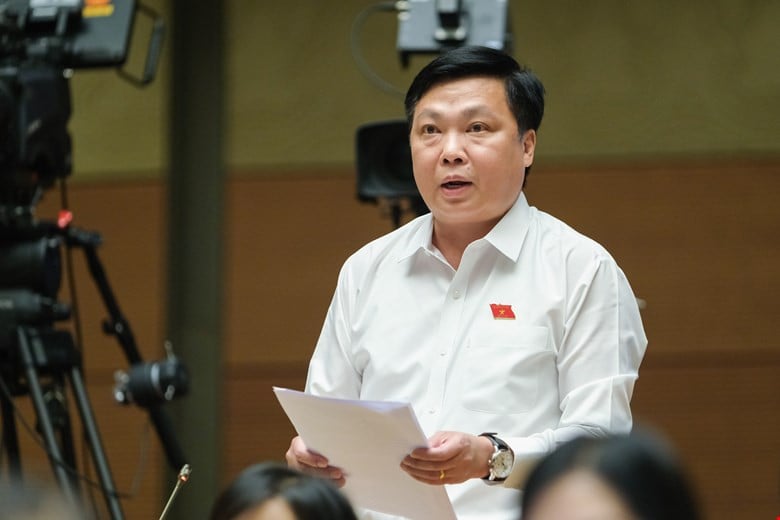
“We cannot talk about consumption if our goods do not meet market standards. Therefore, we need to pay attention to code issuance, planting and breeding areas,” the Minister noted.
He also emphasized that rebuilding concentrated raw material areas and linking them into strong cooperatives is an important task to overcome the fragmentation of agriculture. Policies to link small fields into large fields and small forests into large forests need more attention from localities.
Besides, developing regional specialty products is also a channel to consume processed products, increasing the value of local agricultural products at each level.
The Minister informed that there are now more than 13,000 OCOP products. If this is done well, it will relieve market pressure and at the same time create livelihoods and jobs for farmers.
Regarding the issue of product trademarks and brands, Mr. Le Minh Hoan said that the Ministry is conducting in-depth research and if there is a brand, it will create great added value, but there are still certain difficulties because there is no resolution of the National Assembly assigning the Government to issue a resolution on brands.
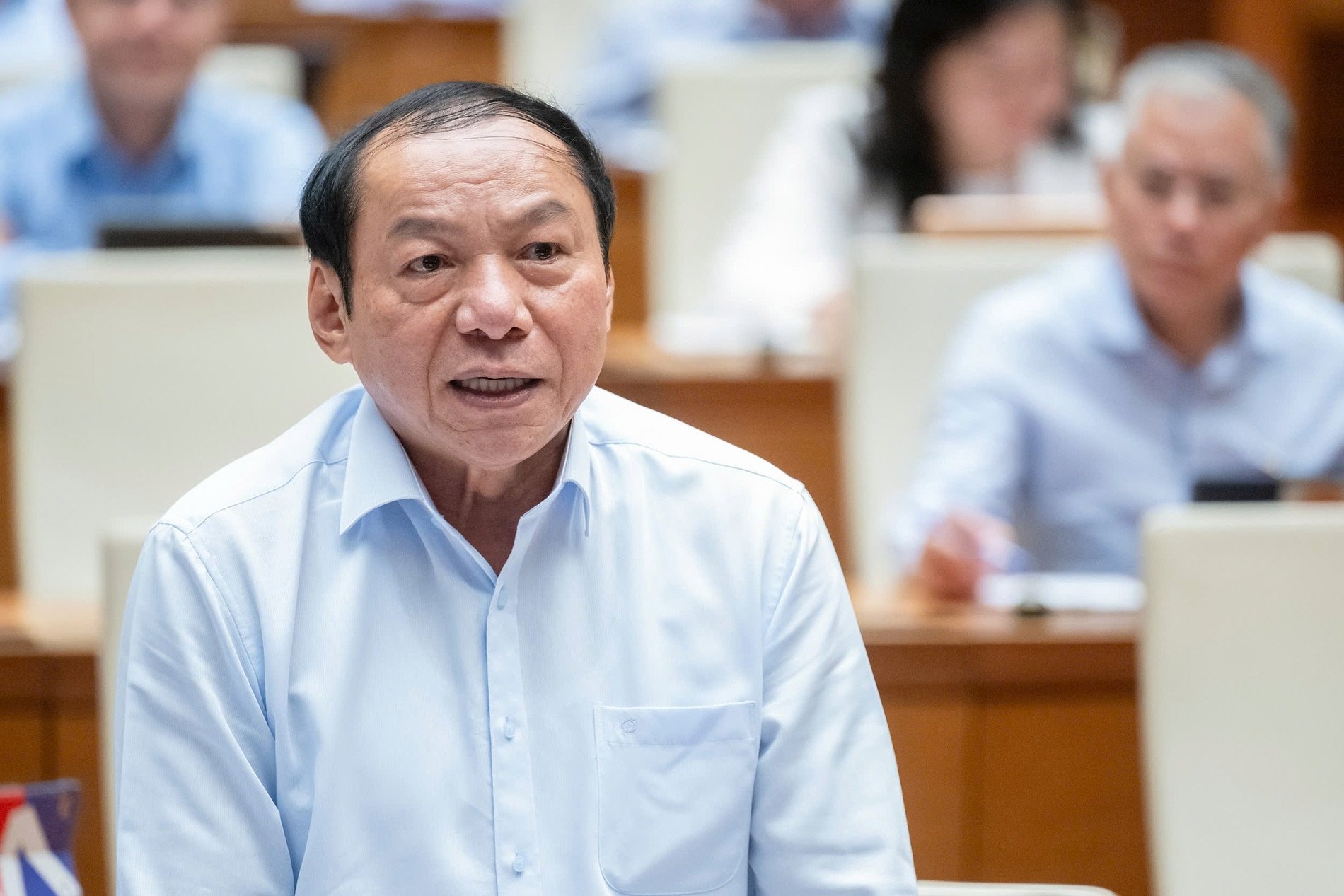
Minister Nguyen Van Hung: The Ministry does not make night tourism products for localities

For the first time in the term, the National Assembly Standing Committee questioned to 're-supervise'
For the first time during the 15th National Assembly term, the National Assembly Standing Committee carried out "re-supervision" activities through a questioning session on the implementation of the Government, ministries and branches on 6 resolutions on questioning and thematic supervision.








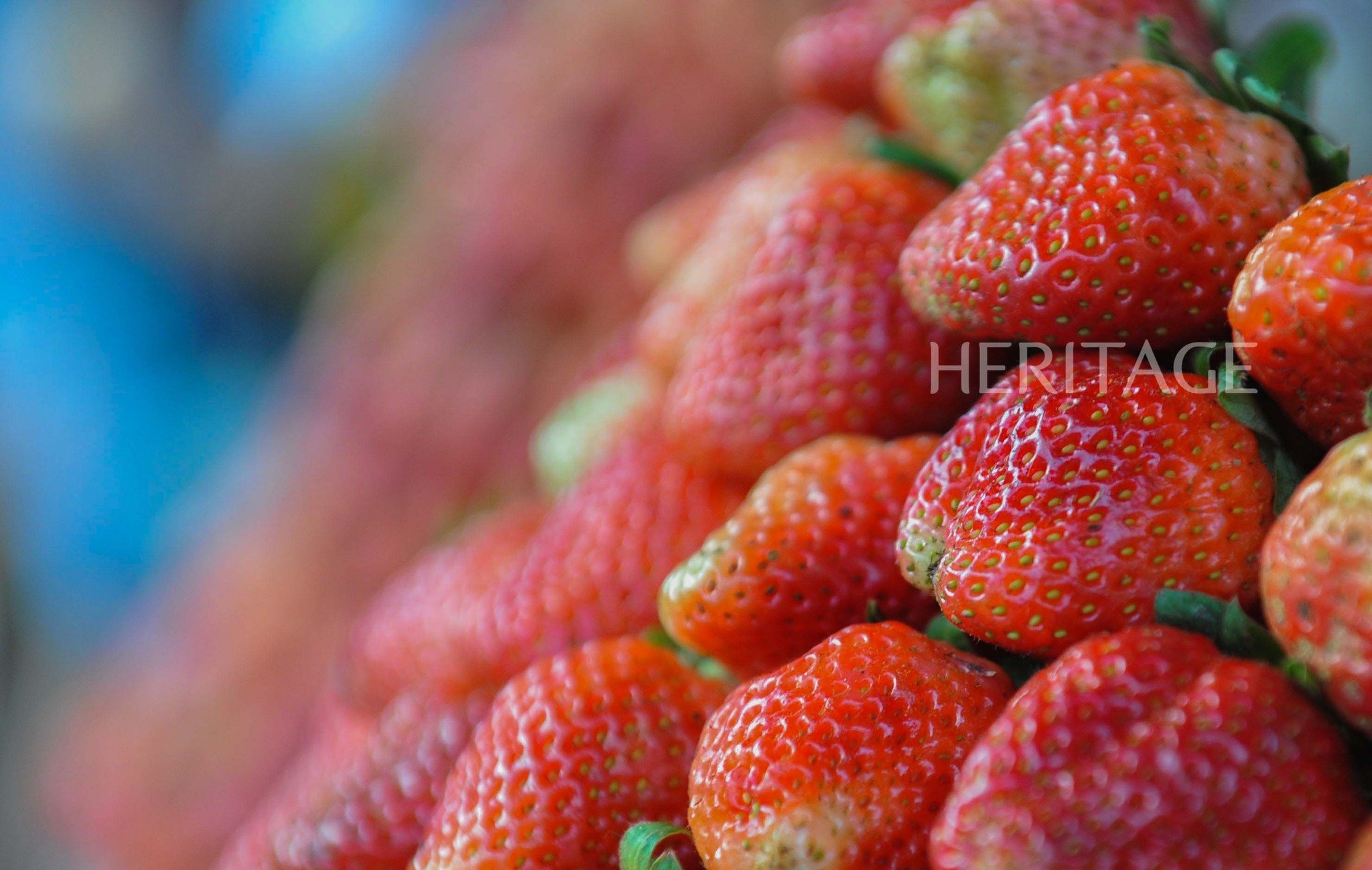

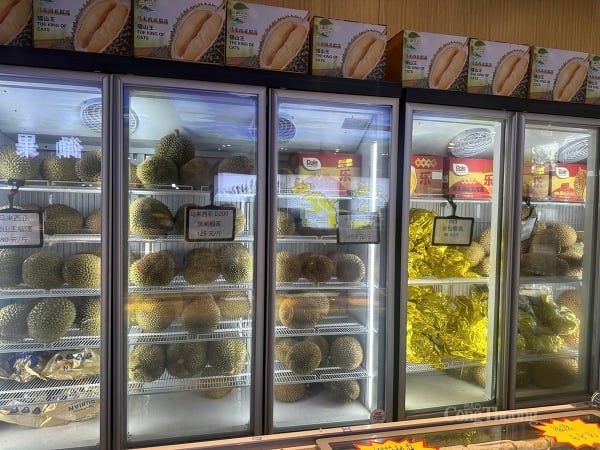



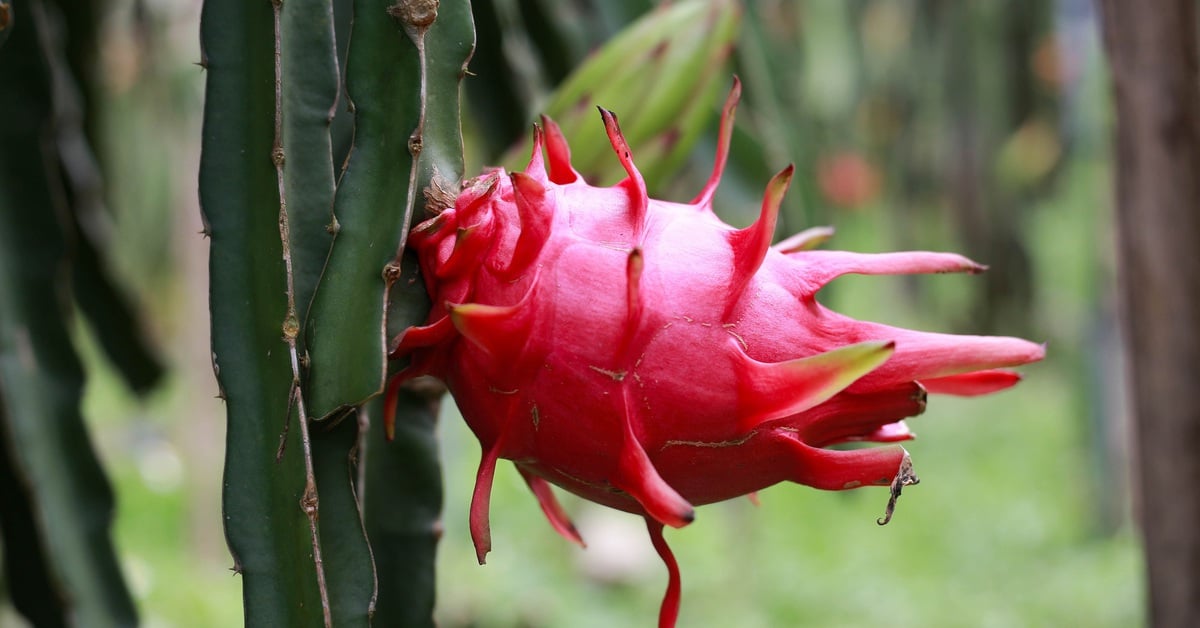

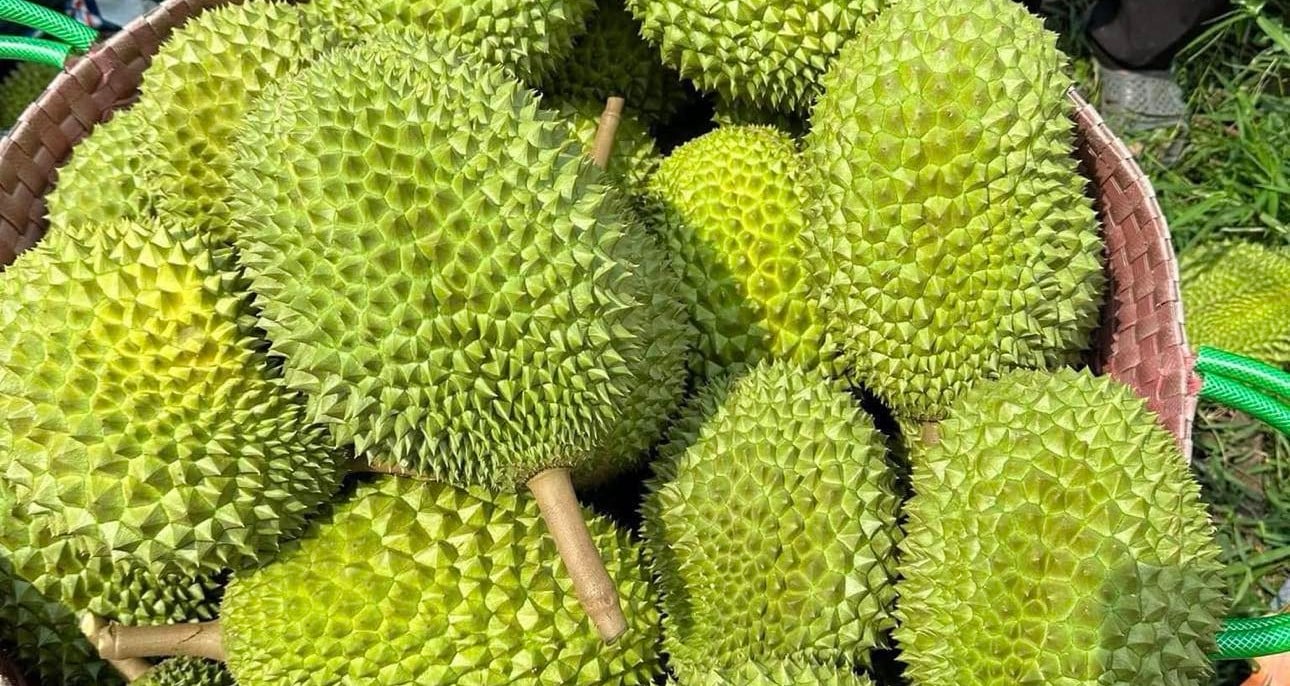

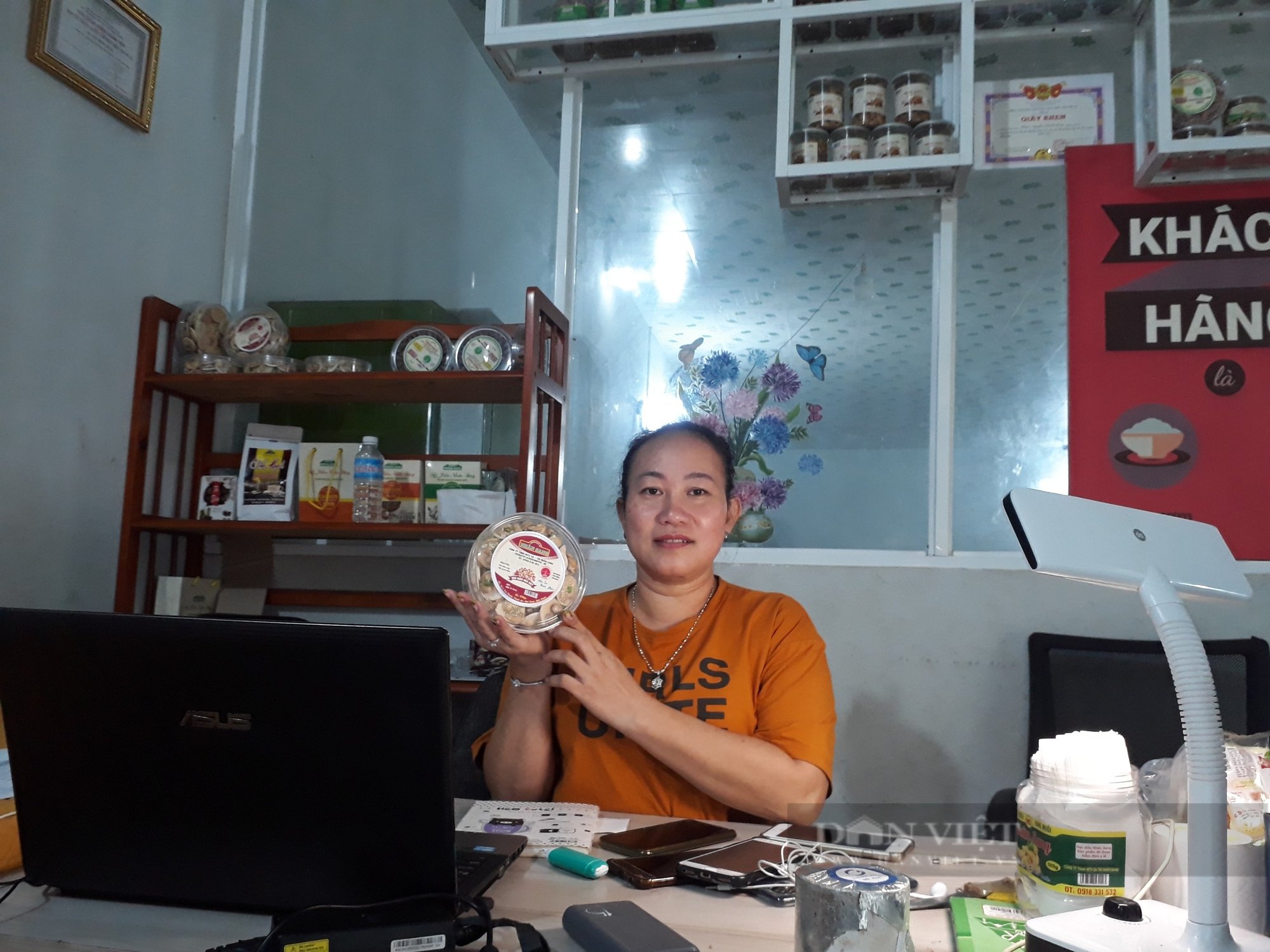












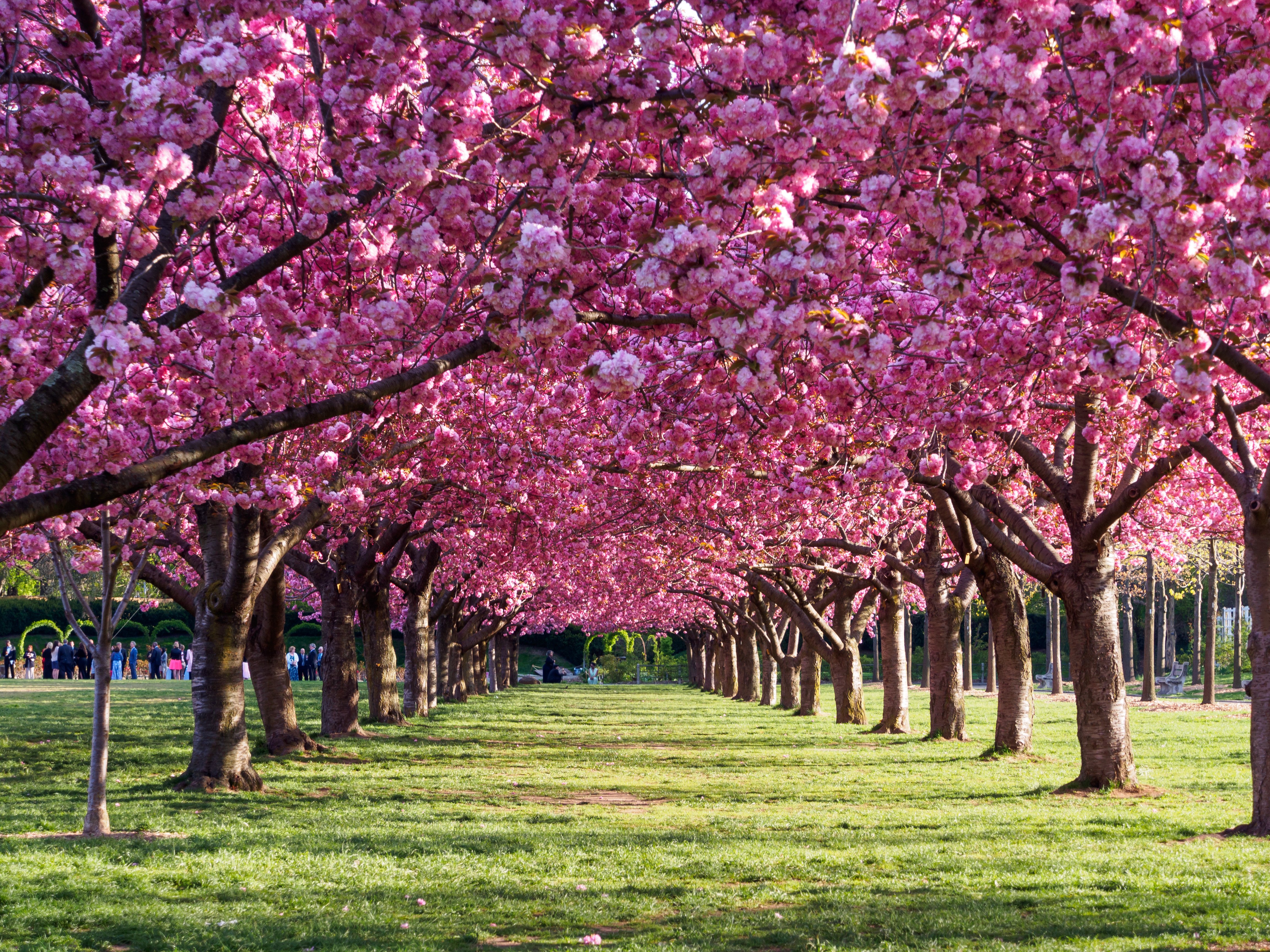
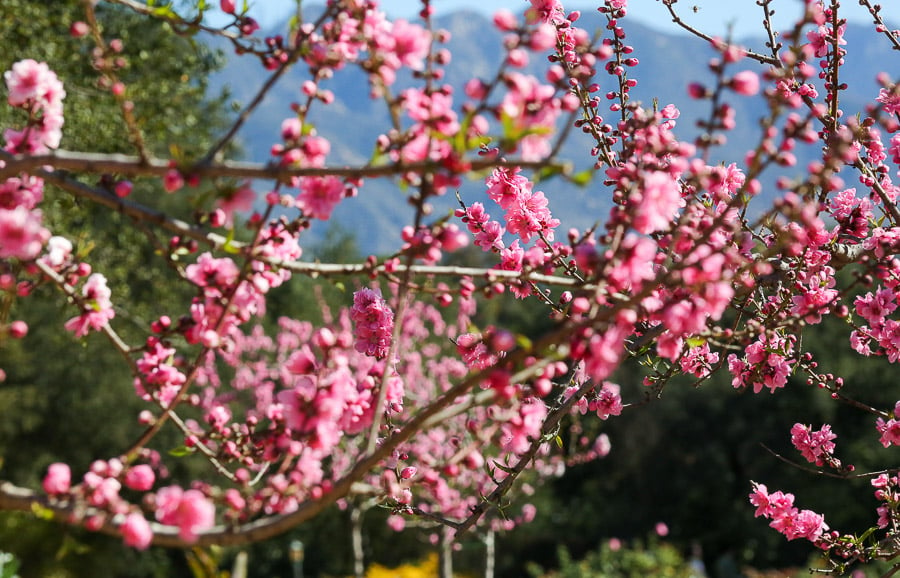







![[Photo] Prime Minister Pham Minh Chinh chairs Government Conference with localities on economic growth](https://vstatic.vietnam.vn/vietnam/resource/IMAGE/2025/2/21/f34583484f2643a2a2b72168a0d64baa)





















































Comment (0)